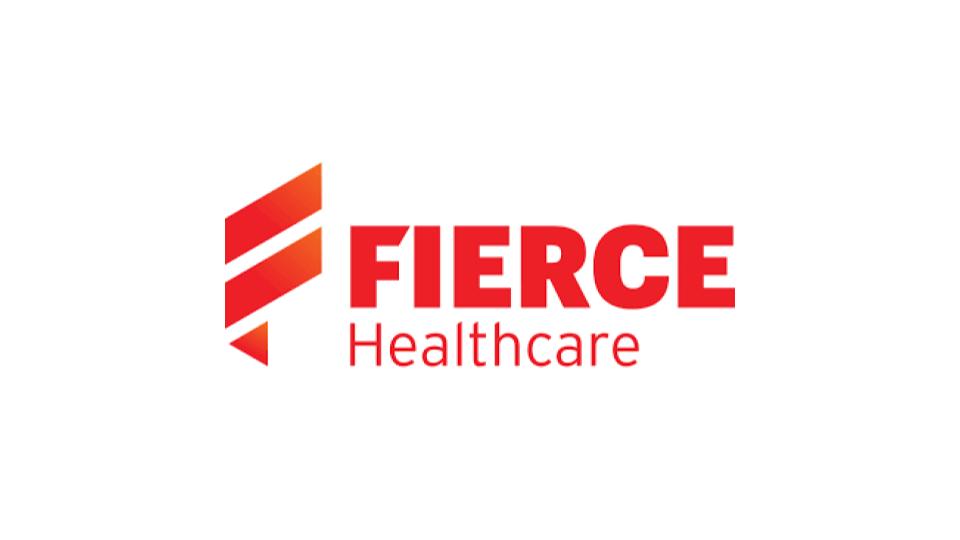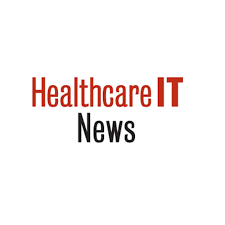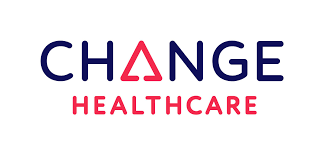North Korean hackers extort hospitals to fund attacks on US government

Editor's Note North Korean hackers targeted U.S. hospitals and healthcare systems with ransomware to fund a covert information exfiltration campaign against American military and scientific entities, according to a July 25 report from CBS News. The first attack was a May 2021 ransomware infiltration of a hospital in Kansas. The…
Mass Brigham cancels surgeries amid worldwide tech outage

Editor's Note A global Microsoft server outage disrupting critical services from airline operations to banking is also having a significant impact on healthcare, according to multiple news reports. On example is a Friday, July 19 report from CBS News reporting that Mass General Brigham, the largest health care system in…
Bipartisan healthcare cybersecurity bill introduced

Editor's Note Introduced by a bipartisan group of Senators, the Healthcare Cybersecurity Act aims to bolster the cyber-defenses of healthcare entities through the collaboration of the U.S. Department of Health and Human Services (HHS) and the Cybersecurity and Infrastructure Security Agency (CISA). According to a July 16 report in HealthExec,…
Epic becomes global no 1 EHR by market share

Editor's Note Epic has the largest market share for hospital electronic health record (EHR) systems in the world, according to a July 8 report from Becker’s Health IT. The company took the top spot after adding 203 hospitals and 24,117 beds outside the U.S. in 2023, with significant growth in…
Healthcare industry groups criticize federal cybersecurity reporting rule

Editor's Note Healthcare industry groups are calling for the federal government to streamline and ease the recently proposed cybersecurity incident reporting rule by the Cybersecurity and Infrastructure Security Agency (CISA), Fierce Healthcare reported July 8. According to the report, CISA's proposal imposes enhanced reporting requirements for critical infrastructure entities, including…
Healthcare cybersecurity earns B+, but vulnerabilities remain

Editor's Note Although SecurityScorecard gave the US healthcare a “better than expected” B+ rating for cybersecurity in 2024, the supply chain cybersecurity firm also highlighted significant risks in application and endpoint security, HealthcareIT News reported June 25. Overall, 35% of third-party data breaches in 2023 affected healthcare organizations, the…
AI outperforms radiologists in detecting clinically significant prostate cancer

Editor's Note In a recent study, an artificial intelligence (AI) system detected more clinically significant prostate cancers and fewer indolent cancers than human radiologists reading MRIs, MedPage today reported June 13. The MedPage report covers a study published in Lancet Oncology that, according to researchers, “provided evidence that AI systems,…
FBI, HHS issue healthcare cybersecurity warning

Editor's Note A June 24 advisory from the FBI and Department of Health and Human Services warns healthcare organizations about attempts to steal payments through phishing and social engineering tactics, according to a post from the American Hospital Association (AHA). The attackers target employee email accounts to access login information…
Russian ransomware group threatens cybersecurity beyond London attack

Editor's Note Qilin, a ransomware group based in Russia, claimed responsibility for a cyberattack against pathology services provider Synnovis that paralyzed London Hospitals and is now requesting $50 million, Becker’s Health IT reported June 20. Citing a report from Bloomberg, the article notes that the attack disrupted services at London-based hospitals…
Change Healthcare issues notifications of patient data stolen in cyberattack

Editor's Note Change Healthcare has started to notify health care providers about patient data stolen in the February cyberattack and announced plans to mail affected individuals as well. A unit of UnitedHealth Group, the organization issued the update June 20. “CHC is providing this notice now to help individuals understand…

 Free Daily News
Free Daily News